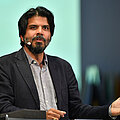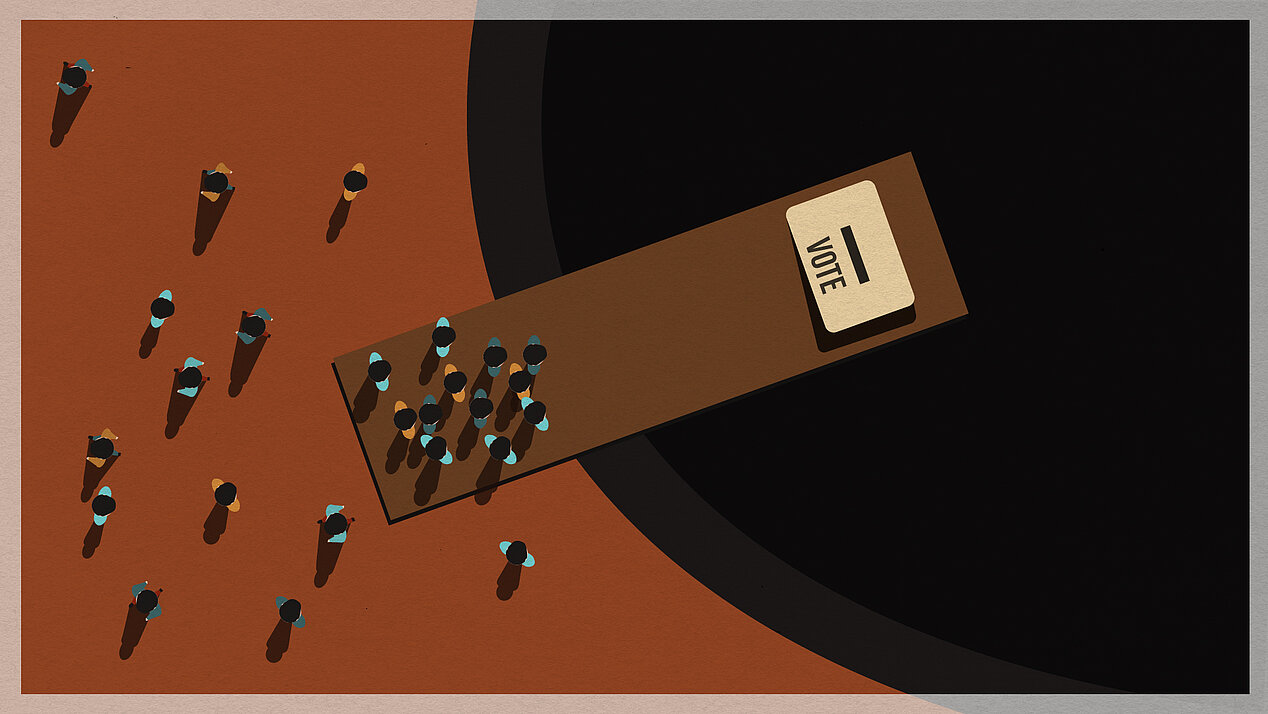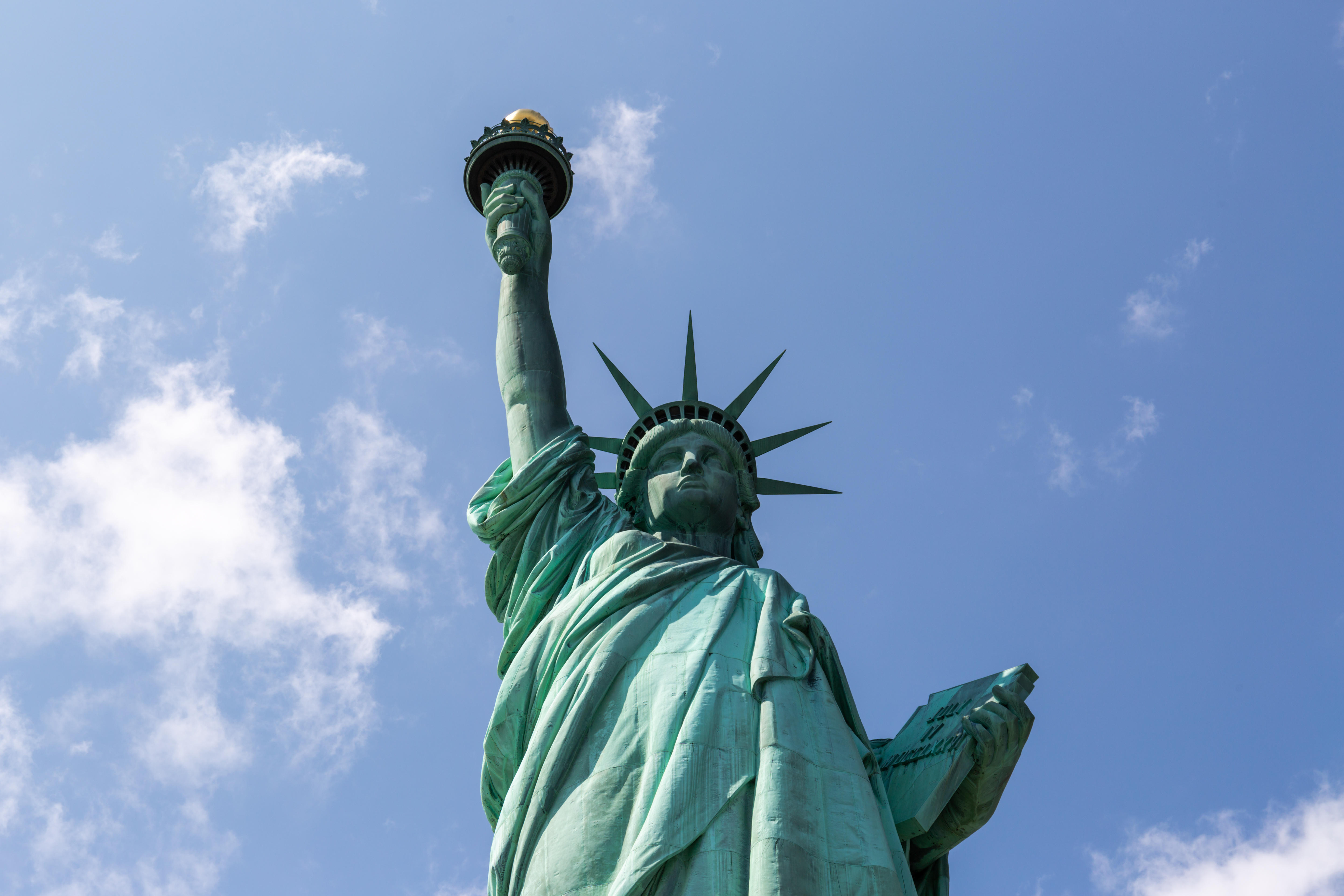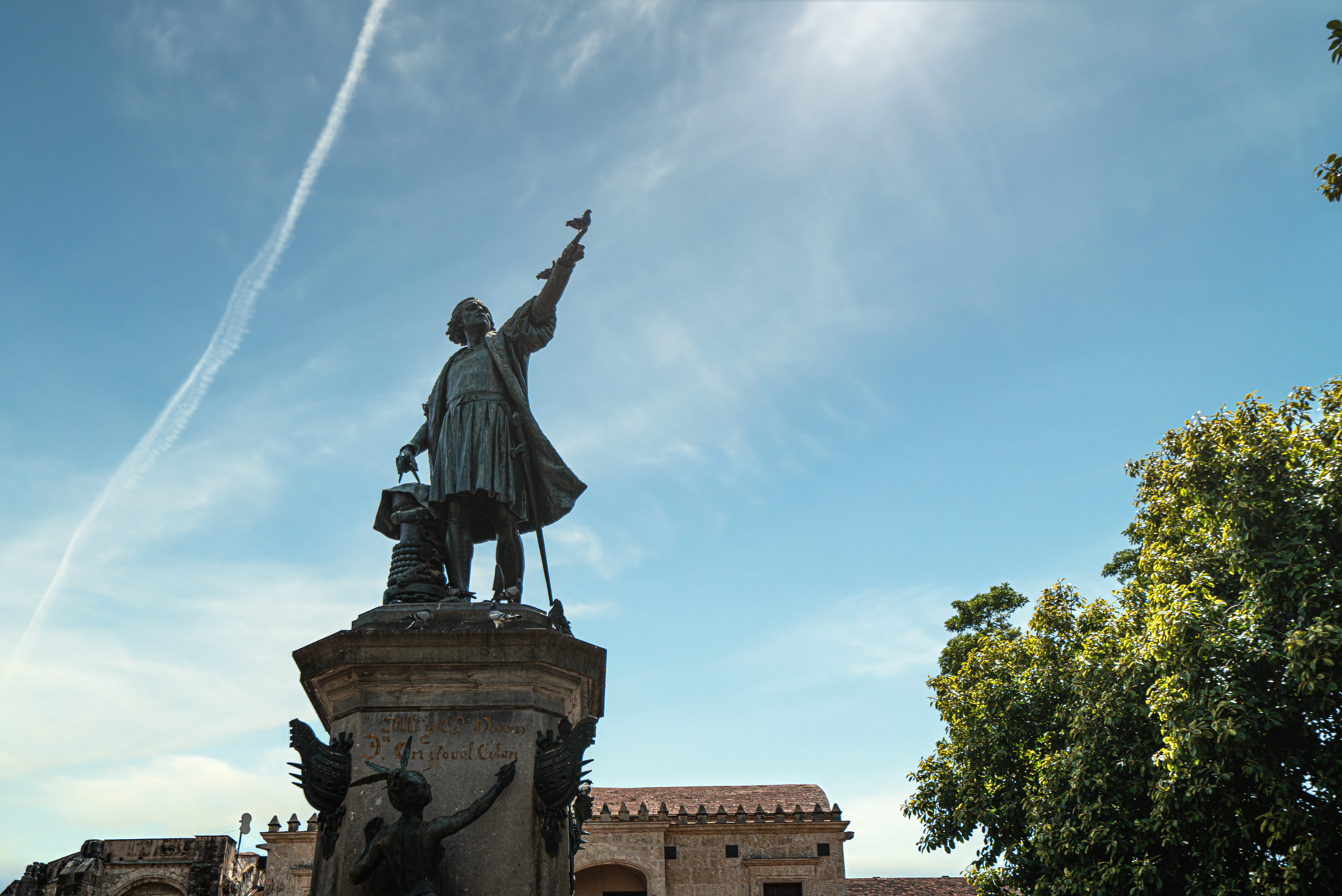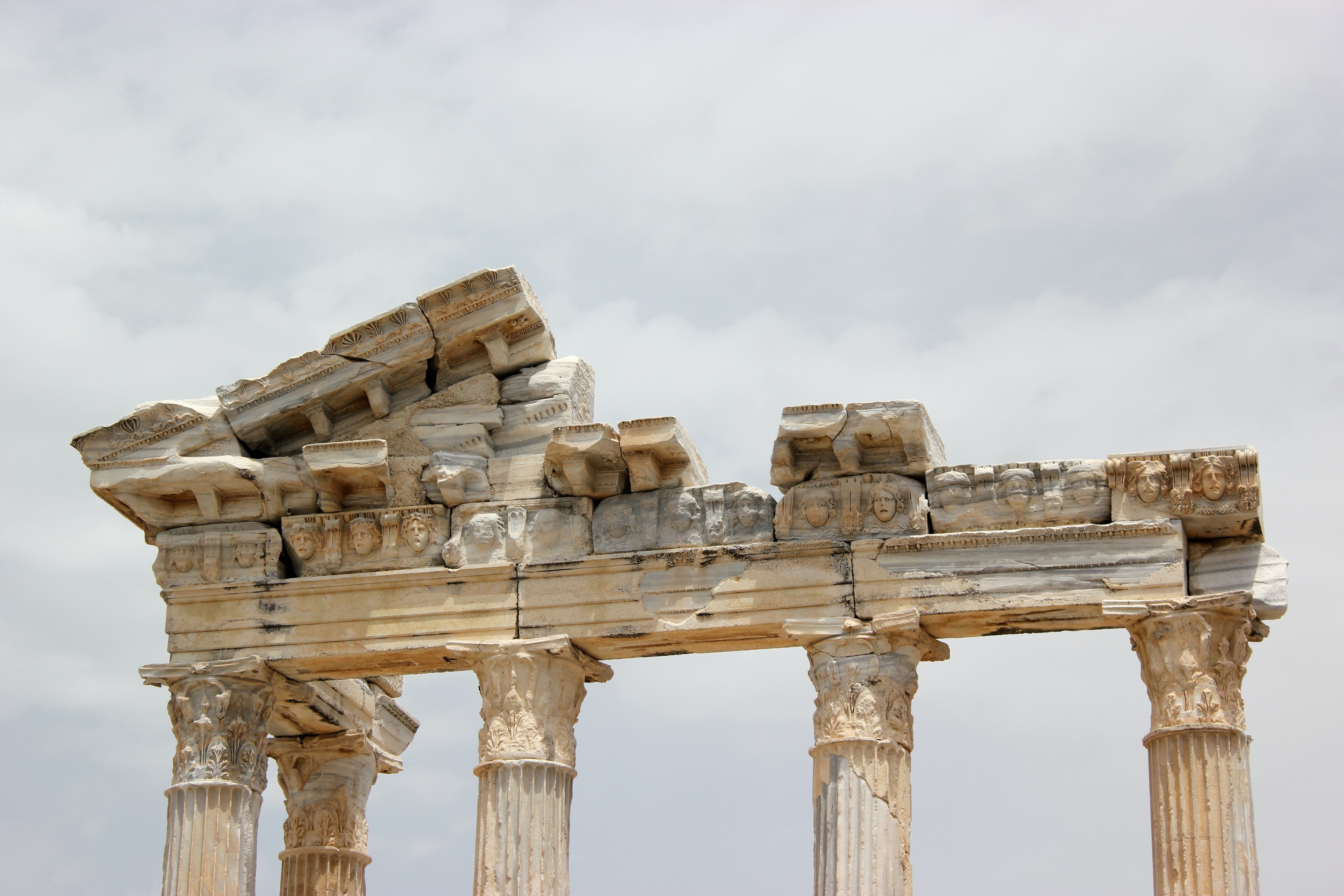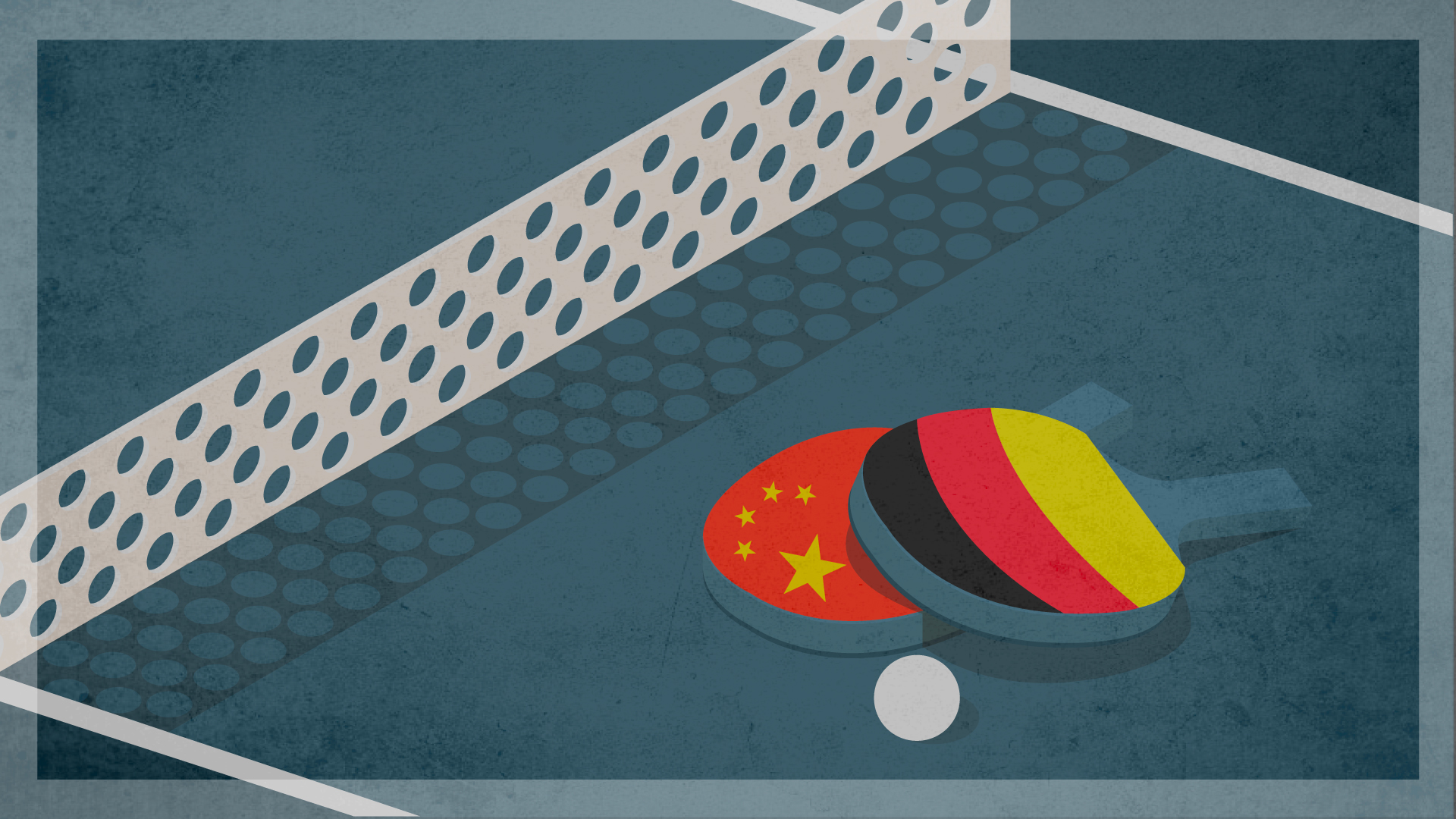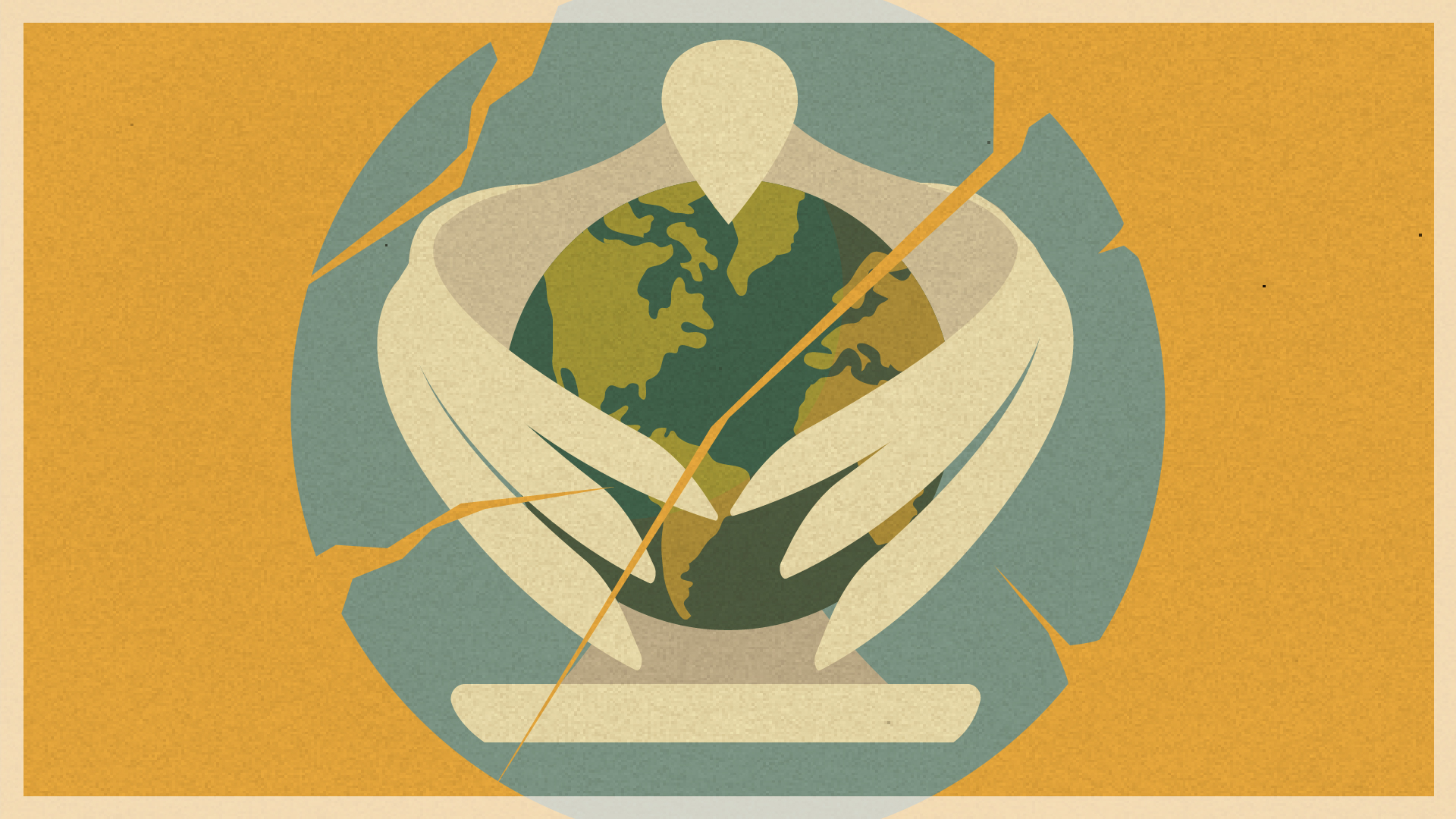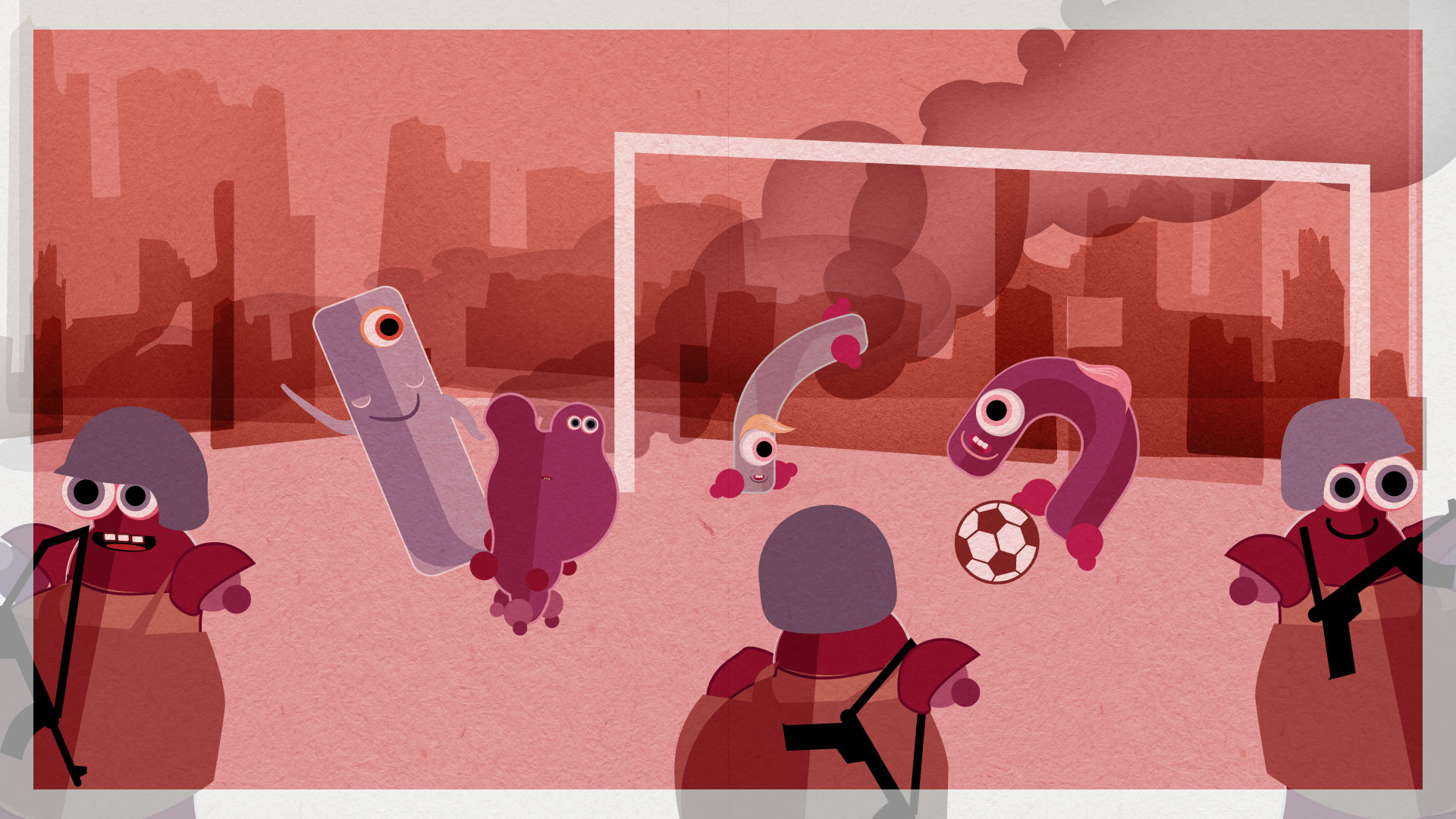Seductive Contrast
This often frustrating struggle defined my own endeavour, reflected here. It was hard to avoid, for the prejudices were deeply entrenched in every realm of journalistic endeavour, looming up obdurately whether one wrote about Afghanistan, India or Japan.
To give one example: in Free to Choose, a hugely influential book (and ten-part television series), Milton and Rose Friedman had posed a seductive binary of rational markets versus interfering governments (what came to underpin World Bank and International Monetary Fund reports, policies and prescriptions for the next two decades). Friedman, who inspired the ‘Chicago Boys’ re-engineering of Chile’s economy after the CIA ousted Salvador Allende in 1973, sought intellectual vindication in East Asia, claiming that Japan, South Korea, Taiwan, Hong Kong and Singapore had succeeded owing to their reliance on ‘private markets’.
In The End of History, Francis Fukuyama echoed this assertion, arguing that East Asia’s economies, by ‘repeating the experience of Germany and Japan in the late nineteenth and early twentieth centuries, have proven that economic liberalism allow slate modernizers to catch up with and even overtake’ the West.
This fable about the East Asian ‘miracle’, then, became central to mainstream reporting about Asia. It did not tally at all with the historical record, which showed that state-led modernisation and economic protectionism were as central to the economies of pre-war Japan and Germany as to post-war East Asia. More recently, the long traditions of technocratic governance in East Asia have proven crucial to its relatively successful response to the coronavirus pandemic while Anglo-American free-marketeers lethally flounder.
This fable about the East Asian ‘miracle’, then, became central to mainstream reporting about Asia.
In Atlantic Crossings: Social Politics in a Progressive Age, Daniel Rodgers showed that many Americans in the late nineteenth and early twentieth centuries returned from stays in Germany with ideas that would inform the New Deal.
The New Deal was an exceptional instance of a US government recognising that the state can and should be a guardian of the people’s interests; but it arose out of the twin calamities of the First World War and the Great Depression.
